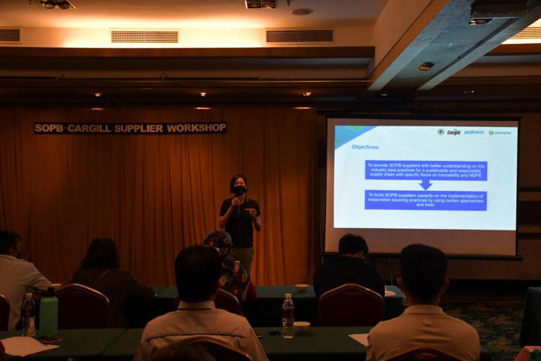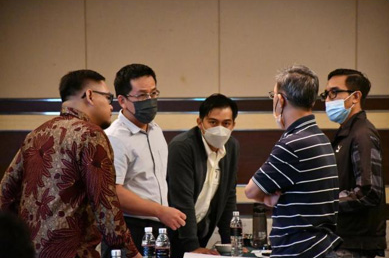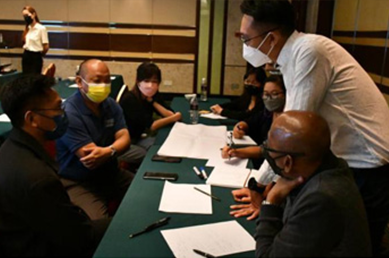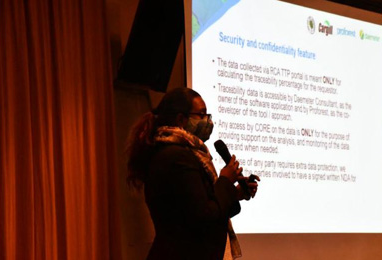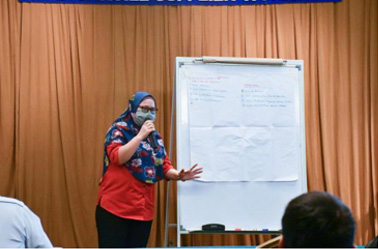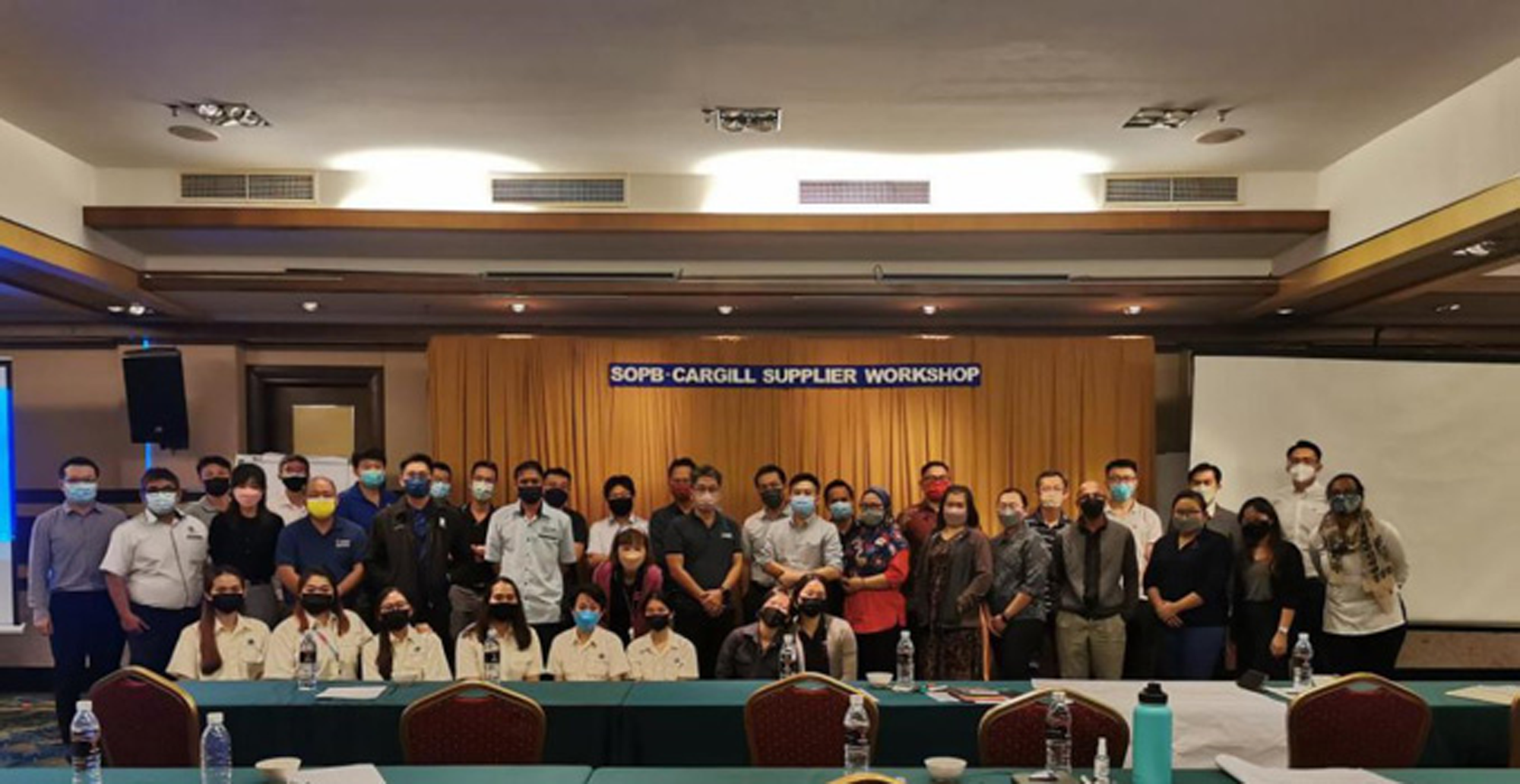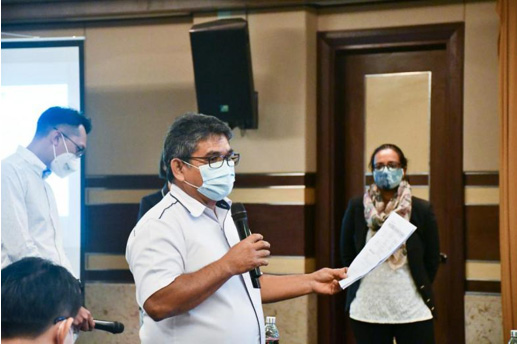Following the launch of the SOPB Oil Palms Sustainability Policy (OPSP) in January 2019 to demonstrate our commitment to No Deforestation, No Peat and No Exploitation (NDPE), we have been taking numerous measures to ensure that the OPSP is effectively implemented throughout our supply chain. The recent Traceability Workshop jointed hosted by Cargill and SOPB and supported by Proforest is one of the many initiatives that we have undertaken to ensure that our suppliers stay abreast of the latest sustainability requirements and gain capabilities to comply with our OPSP.
The workshop was a full-day event held on 12 May 2022 at the Imperial Palace Hotel, Miri from 9.00am to 5.00pm, with forty-seven (47) representatives from SOPB’s palm products suppliers, representatives from Malaysian Palm Oil Certification Council (MPOCC) and SOPB Sustainability department, Downstream Backoffice and SOPB mills’ operational personnel.
The objective of the workshop was to reiterate SOPB’s commitment to supply chain transparency as stipulated in the OPSP to our palm products suppliers. Trace to plantation (TTP) has become the norm for every palm oil mill (POM) where the origin of all FFB must be known as a demonstration of responsible sourcing. This requirement is applicable to both SOPB and 3rd party POMs.
The workshop built upon the foundations laid in 2021 when an earlier online version was held and presented a much-cherished opportunity to meet under a physical setting. All the stakeholders including SOPB, Cargill and its consultant Proforest were able to have an active exchange of views and share any concerns with regards to TTP and NDPE Implementation Reporting Framework (IRF).
Group activity: Participants discussing challenges faced when implementing NDPE commitments
During the course of the workshop, Cargill and Proforest actively engaged the participants and allay any concerns regarding TTP and NDPE IRF. Collectively, TTP and NDPE IRF serves as a platform which is required by all leading international buyers and customers where commitment to NDPE and transparency can be demonstrated, verified and accepted.
In addition, participants were also given the opportunity to be oriented to the new Traceability online portal as a more efficient method of TTP data sharing as well as learning the portal’s security features for data protection.
The speakers were able to raise awareness on the importance of transparency and data sharing, allowing SOPB suppliers to gain a better understanding of the industry’s best practices for a sustainable and responsible supply chain with specific focus on traceability & NDPE commitment and to build the capacity to implement responsible sourcing practices with the available approaches and reporting tools.
Group Activity: Traceability online portal and learning its security features
SOPB suppliers sharing challenges as part of the discussions
During the workshop, there were breakout activities.
First, the participants were asked to list down all the challenges faced by their own operations and third-party suppliers. These challenges were subsequently shared for cross learning.
Second, there was a refresher training on filling in the TTP information under the Risk Calibrated Approach (RCA). The traceability information required included the total FFB volume sourced, coordinates, address, total area (ha) which are applicable to own estates, third party suppliers and dealers and collection centres.
The conduct of the workshop under a physical setting was conducive to enable candid discussions among participants concerning the requirements and challenges in implementing NDPE IRF commitments.
The workshop was considered a success as all the participants were able to discuss the challenges faced pertaining to the implementation of NDPE IRF and to consider areas for improvement in the future. Some of the most common challenges identified were to get some suppliers to be MSPO certified, limited manpower to handle traceability matters and limited knowledge and capacities on traceability matters.
It is the common goal of Cargill, Proforest and SOPB to continuously engage and to maintain good rapport with the suppliers and to work closely with them towards achieving full transparency under the NDPE IRF requirements.

